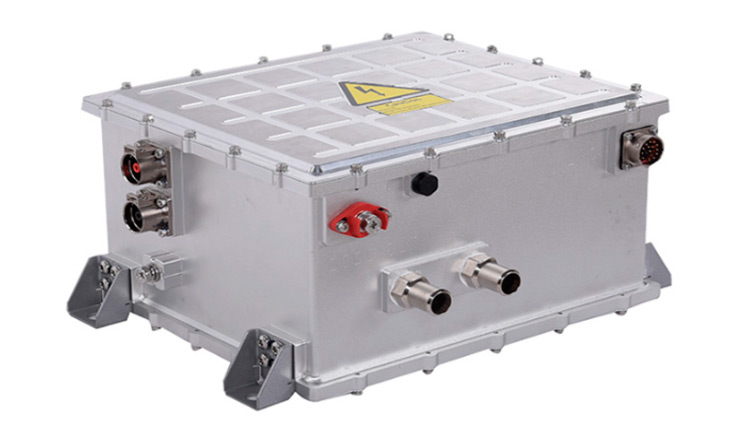
The rapid growth of the electric vehicle (EV) industry has led to an increased demand for electric vehicle charging stations. However, the efficient operation and management of these charging stations pose a significant challenge. To overcome this challenge, the implementation of an operation management platform and data analysis technology has become essential. This article aims to analyze the benefits and functionalities of such a platform and technology in the context of electric vehicle charging stations.
An operation management platform offers several significant benefits for electric vehicle charging stations. Firstly, it enables real-time monitoring and control of charging stations, allowing operators to gather essential data such as power consumption, charging time, and user behavior. This information can be utilized to optimize charging station performance, detect anomalies, and provide preventive maintenance. Secondly, the operation management platform facilitates effective resource allocation. By continuously analyzing data, the platform can predict and allocate resources based on demand. This ensures that EV power charging stations are adequately equipped to handle peak charging periods and serve a large number of EV users. Thirdly, an operation management platform enhances customer experience through features like remote charging station reservation, cashless payment systems, and personalized charging plans. Such features not only streamline the user experience but also attract more customers to use electric vehicle charging stations.
Data analysis technology plays a crucial role in optimizing the operation and management of electric vehicle charging stations. It involves collecting, processing, and analyzing the large volume of data generated by the charging stations and EV users. Firstly, data analysis technology enables the identification of charging patterns and user behaviors. This information helps in efficiently managing charging infrastructure, such as predicting demand, implementing load balancing, and optimizing charging plans. By identifying and analyzing patterns, operators can make data-driven decisions to enhance the efficiency and performance of the charging stations. Secondly, data analysis technology enables predictive maintenance. By monitoring the operational data of charging stations, potential faults or performance issues can be identified in advance. This enables proactive maintenance, minimizing downtime and optimizing the availability of charging stations. Thirdly, data analysis technology provides valuable insights into user preferences and charging behavior. This information can be utilized to develop targeted marketing strategies, improve user engagement, and enhance customer satisfaction.
In conclusion, the implementation of an operation management platform and data analysis technology provided by DC charging station manufacturers brings numerous advantages to electric vehicle charging stations. It enables real-time monitoring, effective resource allocation, and enhanced customer experience. Additionally, data analysis technology allows for the optimization of charging station performance, predictive maintenance, and personalized services. By harnessing these technologies, electric vehicle charging stations can efficiently meet the growing demand and contribute to the widespread adoption of electric vehicles. Overall, the operation management platform and data analysis technology are indispensable tools for the sustainable and efficient operation of electric vehicle charging stations.
PREV